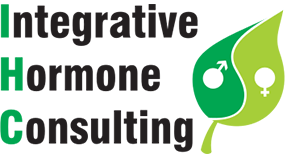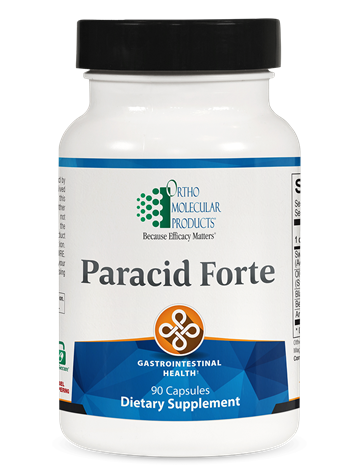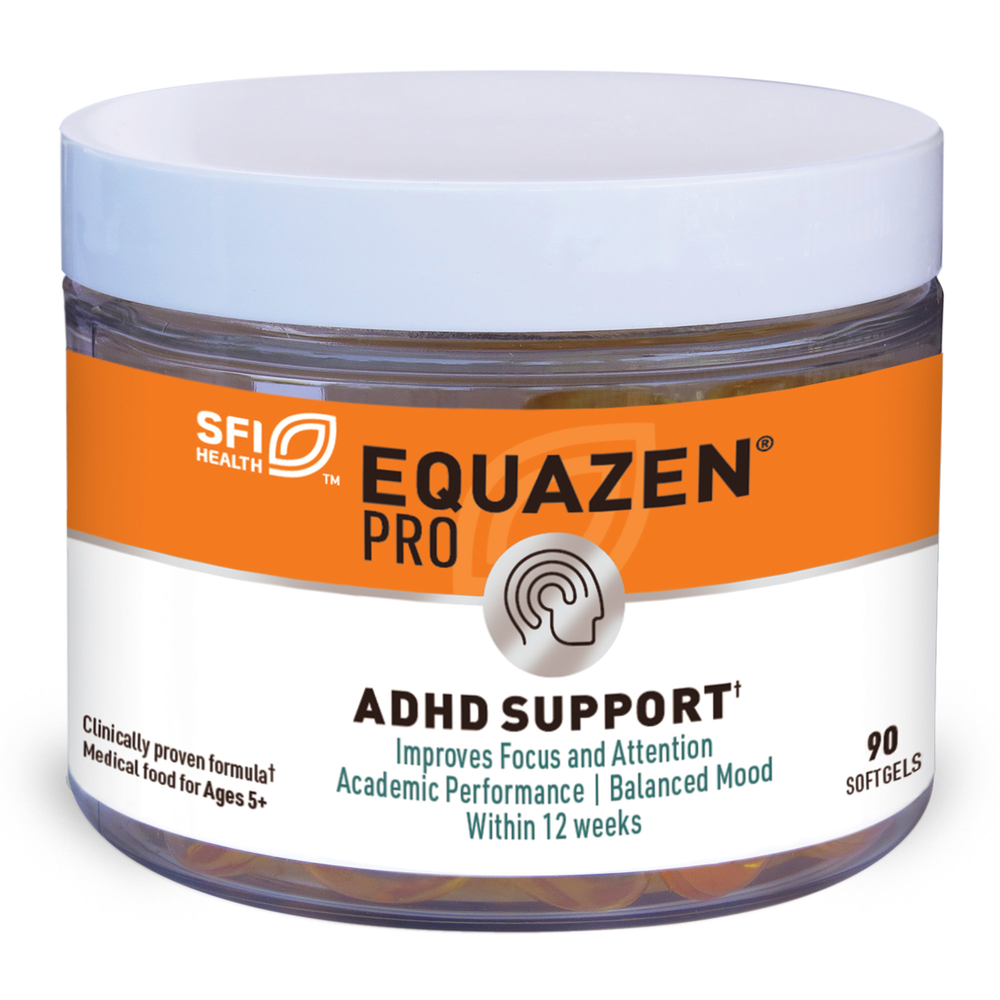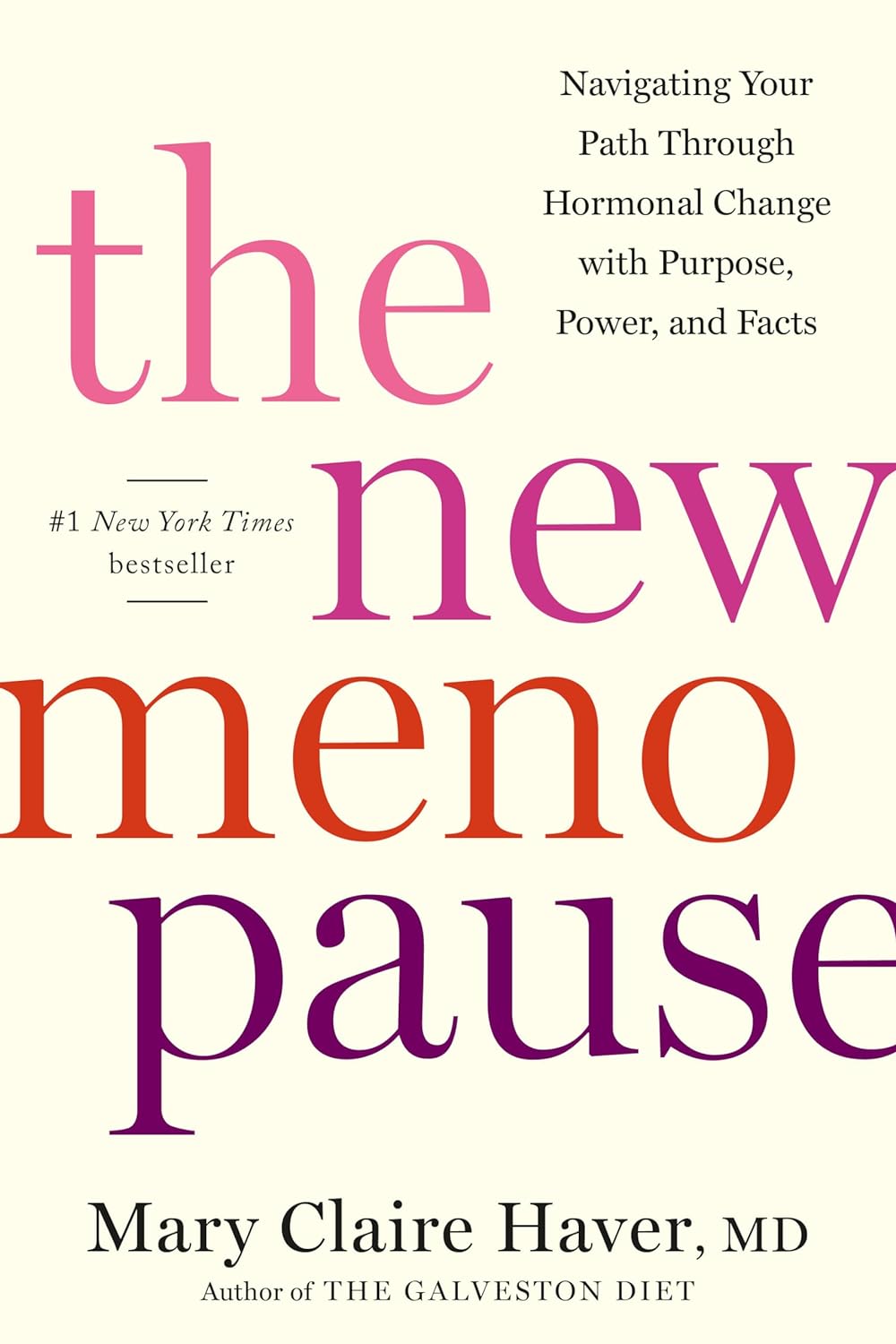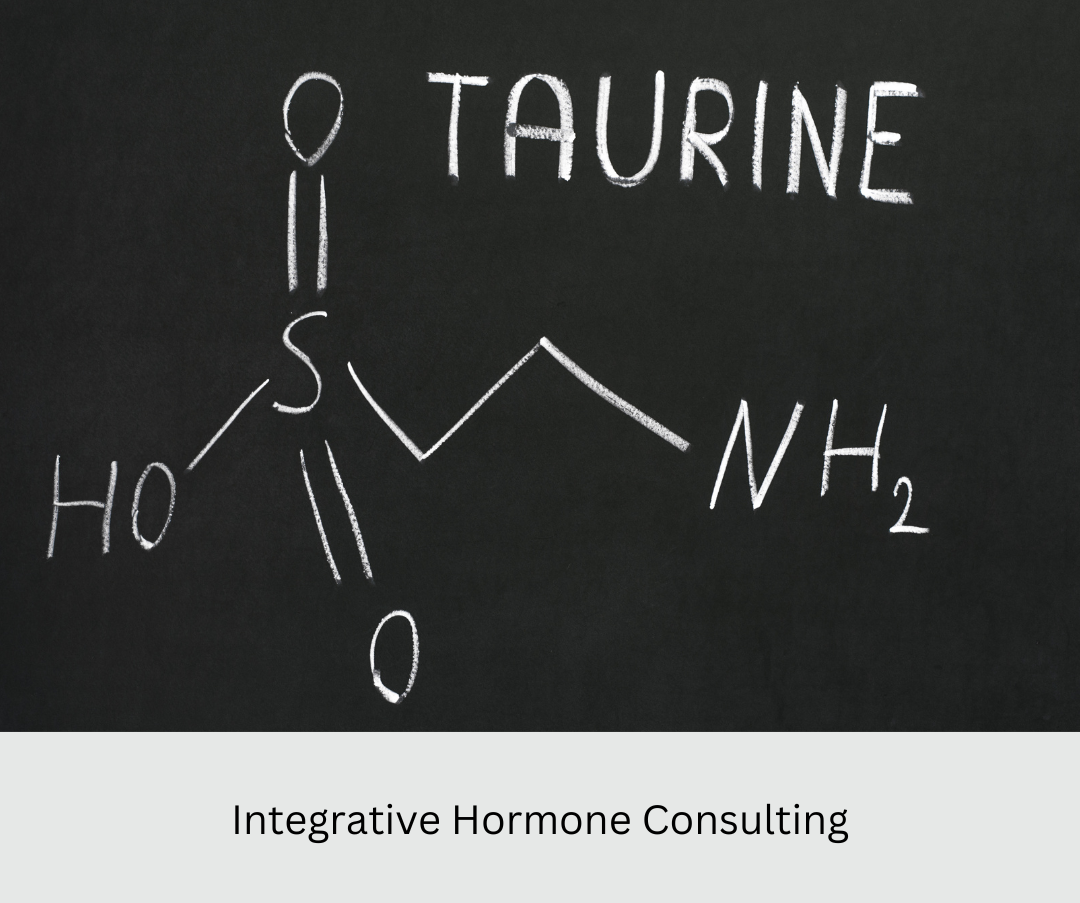Testosterone declines gradually with age in both sexes. Pre and post-menopausal women, and aging men, may experience symptoms of testosterone deficiency including anxiety, irritability, depression, lack of well being, physical fatigue, bone loss, muscle loss, memory loss, insomnia, hot flashes, rheumatoid complaints, pain, breast pain, urinary complaints, incontinence and sexual dysfunction. According to Rebecca Glaser, MD and Constantine Dimitrakakis, MD, PhD: testosterone is not masculinizing and does not increase aggression or cause hoarseness; testosterone does increase scalp hair growth, is mood stabilizing, and is cardiac and breast protective.
A source of confusion concerning the safety of testosterone therapy in both men and women is the extrapolation of adverse events from high doses of oral and injectable synthetic anabolic steroids to therapy using the bio-identical form of testosterone in doses that simply restore normal physiologic levels. Bio-identical testosterone is the same substance that is naturally produced by the human body. In England and Australia, testosterone is licensed and has been used in women for over 60 years. In the United States and Canada, compounding pharmacies can customize testosterone in doses that are appropriate for women.
